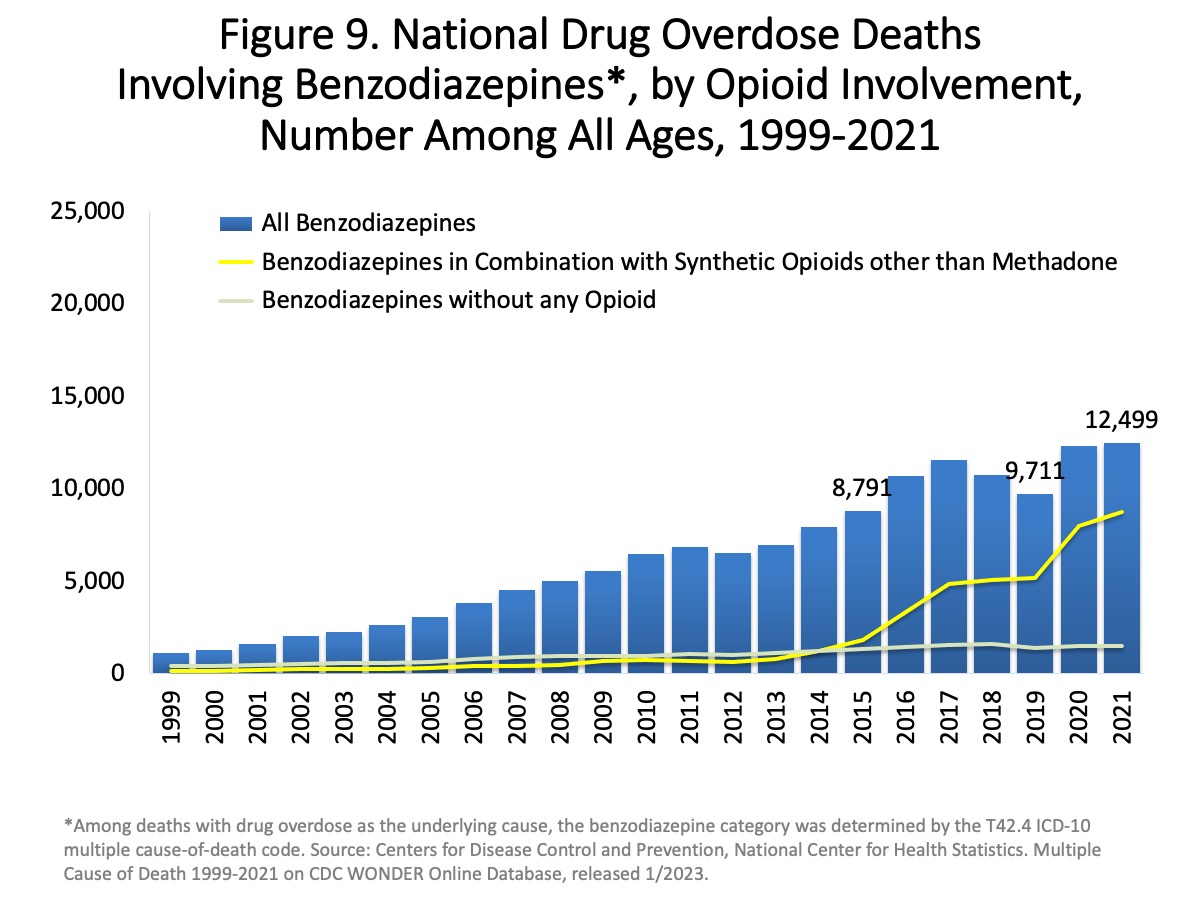|
Psychological Dependence
Psychological dependence is a cognitive disorder that involves emotional–motivational withdrawal symptoms—e.g. anxiety and anhedonia—upon cessation of prolonged drug abuse or certain repetitive behaviors. It develops through frequent exposure to a psychoactive substance or behavior, though behavioral dependence is less talked about. The specific mechanism involves a neuronal counter-adaption, which could be mediated through changes in neurotransmittor activity or altered receptor expression. Environmental enrichment and physical activity can attenuate withdrawal symptoms. Psychological dependence is not to be confused with physical dependence, which induces physical withdrawal symptoms upon discontinuation of use. However, they are not mutually exclusive. Symptoms Symptoms of psychological dependence include: *Anxiety *Panic attack *Dysphoria *Anhedonia * Craving *Stress Development Psychological dependence is caused by consistent and frequent exposure to a drug or b ... [...More Info...] [...Related Items...] OR: [Wikipedia] [Google] [Baidu] |
Cognitive Disorder
Cognitive disorders (CDs), also known as neurocognitive disorders (NCDs), are a category of mental health disorders that primarily affect cognitive abilities including learning, memory, perception, and problem solving. Neurocognitive disorders include delirium, mild neurocognitive disorders, and major neurocognitive disorder (previously known as dementia). They are defined by deficits in cognitive ability that are acquired (as opposed to developmental), typically represent decline, and may have an underlying brain pathology. The DSM-5 defines six key domains of cognitive function: executive function, learning and memory, perceptual-motor function, language, complex attention, and social cognition. Although Alzheimer's disease accounts for the majority of cases of neurocognitive disorders, there are various medical conditions that affect mental functions such as memory, thinking, and the ability to reason, including frontotemporal degeneration, Huntington's disease, dementia with ... [...More Info...] [...Related Items...] OR: [Wikipedia] [Google] [Baidu] |
Opioid
Opioids are substances that act on opioid receptors to produce morphine-like effects. Medically they are primarily used for pain relief, including anesthesia. Other medical uses include suppression of diarrhea, replacement therapy for opioid use disorder, reversing opioid overdose, and suppressing cough. Extremely potent opioids such as carfentanil are approved only for veterinary use. Opioids are also frequently used non-medically for their euphoric effects or to prevent withdrawal. Opioids can cause death and have been used for executions in the United States. Side effects of opioids may include itchiness, sedation, nausea, respiratory depression, constipation, and euphoria. Long-term use can cause tolerance, meaning that increased doses are required to achieve the same effect, and physical dependence, meaning that abruptly discontinuing the drug leads to unpleasant withdrawal symptoms. The euphoria attracts recreational use, and frequent, escalating recreational use of ... [...More Info...] [...Related Items...] OR: [Wikipedia] [Google] [Baidu] |
